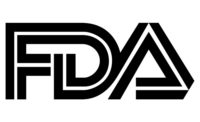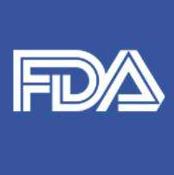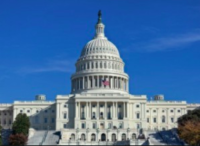When food safety issues come to light, it is the responsibility of the U.S. Food and Drug Administration (FDA) to exercise their authority and mandate the removal of a product from the market if necessary. While most companies do fully engage with FDA, some companies do not voluntarily agree to issue a recall of the product(s) that may pose a public health risk.
In a formal statement, Scott Gottlieb, FDA Commissioner, calls this “unacceptable.” For this reason, the agency put out final guidance on the implementation of FDA’s mandatory recall authority.
The guidance is meant to expand FDA’s appropriate use of its already existing mandatory recall authority in cases where they have to intervene quickly to help protect consumers from unsafe products.
Included in the final guidance is:
- An outline detailing how FDA will give companies at the root of a recall the chance to conduct a voluntary recall before initiating a mandatory order
- More detail about the evidence or circumstances the agency might consider when deciding to move forward with a mandatory food recall
- Clarity around situations when FDA would deem a food product a serious health risk
FDA’s authority to forcefully recall food products was granted under the 2011 Food Safety Modernization Act, specifically in cases where the responsible food company does not issue a recall themselves. Since gaining this authority 7 years ago, only one FDA-regulated food product has been issued a mandatory recall--all food products containing powdered kratom manufactured, processed, packed, or held by Triangle Pharmanaturals LLC, after several products were found to contain Salmonella.
Despite expanding their ability to issue mandatory food product recalls, FDA says the agency remains committed to working with companies who agree to voluntary remove potentially dangerous products from public access.
Sign up for Food Safety Magazine’s bi-weekly emails!
Subscribe to our podcast: Food Safety Matters!




